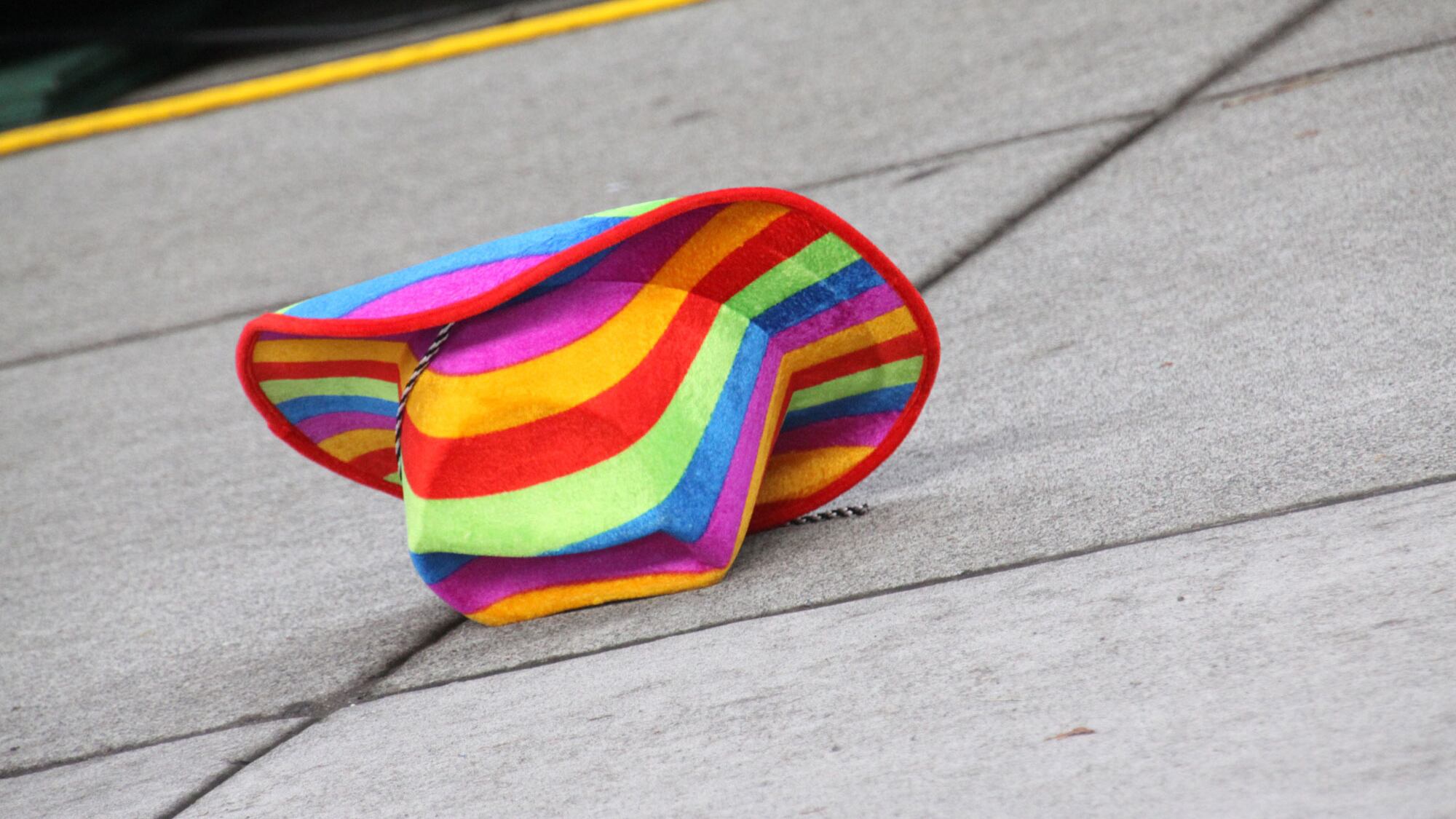The announcement last month that Portland had earned a perfect score on the Human Rights Campaign’s 2022 municipality equity index raised a few eyebrows.
For one thing, the index claims the city’s police force has something it doesn’t: an LGBTQ+ advisory council.
It shuttered in January 2022. The Human Rights Campaign gave the city full credit for having an “LGBTQ+ Police Liaison or Task Force” anyway.
A spokeswoman for the bureau confirmed that there is no assigned liaison, and told WW that the advisory council, most recently called the Alliance for Safer Communities, was “on hiatus” due to a lack of membership.
Jared Todd, a Human Rights Campaign spokesman, said the nonprofit gave the city top marks because a webpage for the Alliance was still accessible in May.
That’s the city’s old website, however. A list of community adviser groups on the new one does not include the Alliance.
There has long been a fraught relationship between police and the LGBTQ+ community, in Portland and elsewhere. Police harassment of the gay community culminated in the 1969 Stonewall uprising and a national movement for LGBTQ+ rights.
Since, Portland police have tried to mend their relationship with the long-persecuted LGBTQ+ community— with mixed results.
In 1981, then-Deputy Chief Tom Potter was appointed as the bureau’s first liaison with the gay community. He received death threats after he marched in Portland’s Pride Parade, going on to become chief and later mayor of Portland.
In 1995, the city established a “Sexual Minorities Round Table” to forge relationships between the cops and the LGBTQ+ community. It was later renamed the Alliance for Safer Communities. But the Alliance has struggled to maintain membership in recent years amid nationwide protests against police abuses.
In 2021, Pride Northwest banned uniformed officers from marching in the city’s Pride Parade, citing police violence against BIPOC Portlanders. The group noted that it was “concerned about the efficacy of the Alliance,” in its announcement.
When the Alliance for Safer Communities’ chair, Avi Klepper, stepped down following his two-year term at the end of 2021, no one volunteered to take his place. As Klepper put it in an email to WW, the Alliance had “officially disbanded.”
Debra Porta, executive director of Pride Northwest, was one of the people who Klepper approached to take on the job. She turned it down.
The committee was made up of volunteers, and it simply wasn’t the best use of their time, Porta says. Plus, its work didn’t seem to be translating to progress on the streets.
“Yes, there was policy work happening,” she explains. “But our people were still being harmed.”

